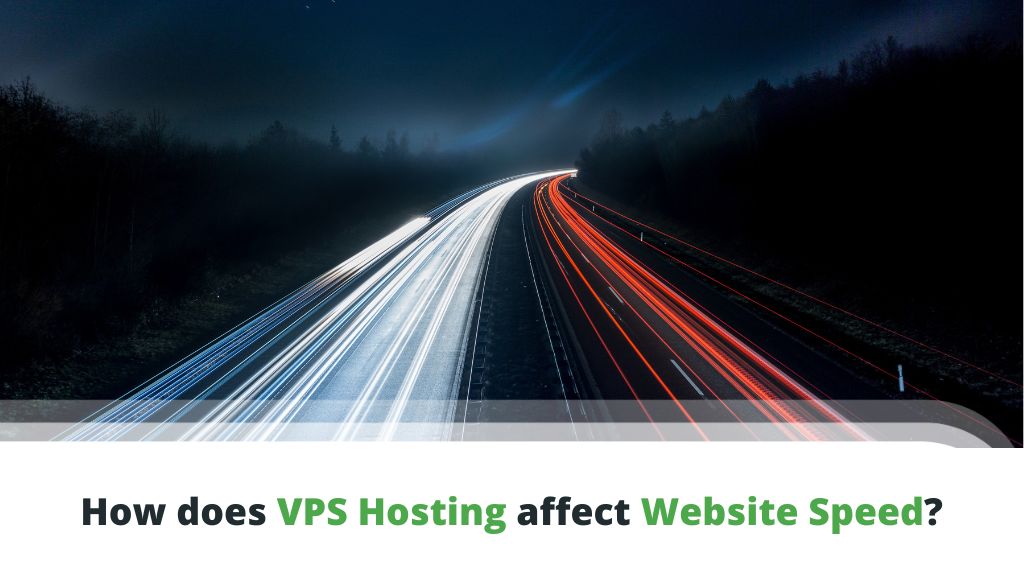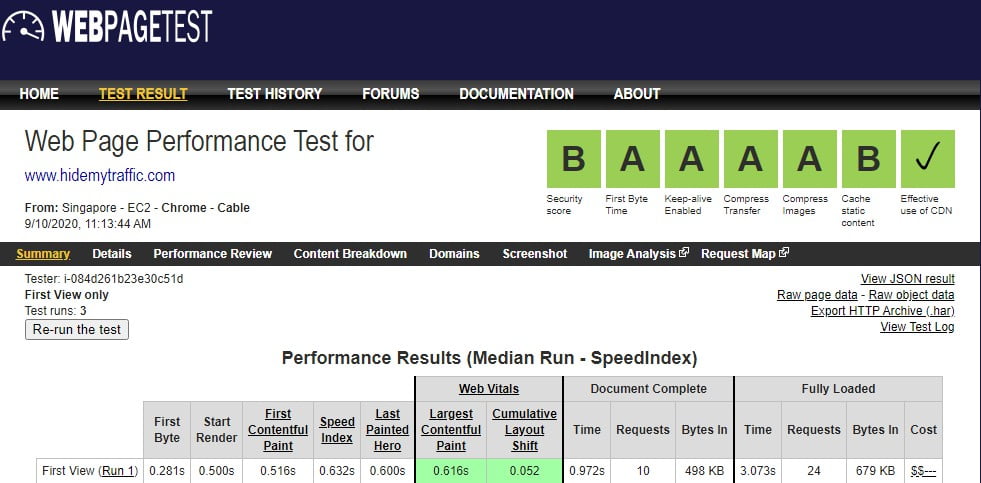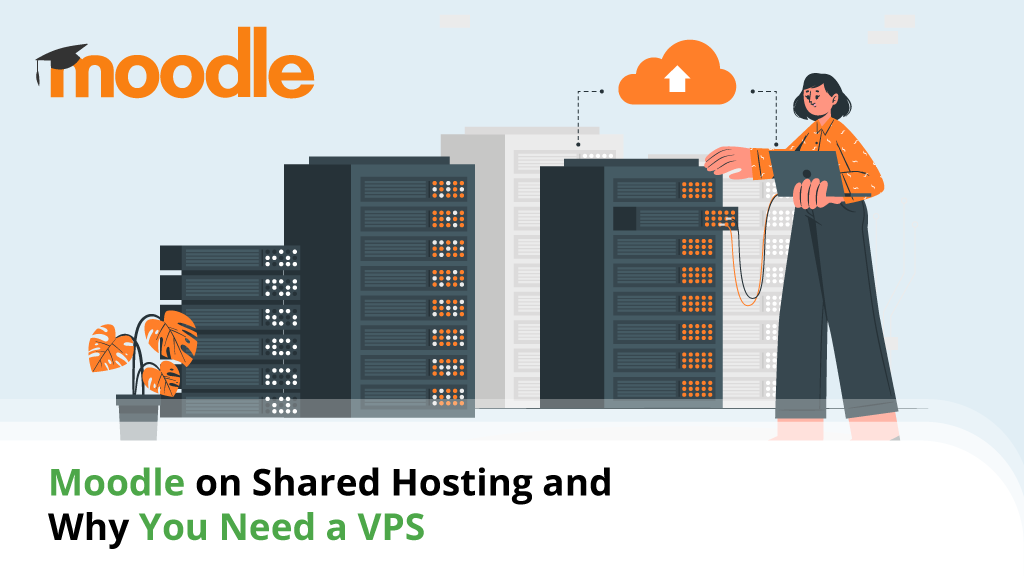How Does VPS Hosting Improve Website Page Speed?

Before we go any further, we need to discuss the Price factor. VPS today has begun to narrow the price gap with shared hosting. ScalaHosting prices its VPS plans extremely competitively, and in many cases, virtual servers turn out to be much more cost-effective than their shared counterparts. This allows customers to easily gain access to VPS plans even if they’re on a tight budget.
Today, we will examine how VPS can help you improve the speed of your web pages.
The following review includes essential information, such as:
- What is Website Loading Speed?
- Impact of Loading Speed on UX and SEO
- How Does a VPS Server Impact Website Loading Speed?
- Shared Hosting and VPS Speed Compared
- In Which Situations Might Your Website be Slow and Why?
- How to Improve Website Loading Speed
- Frequently Asked Questions
What is Website Loading Speed?
Most simply put, website loading speed is the amount of time it takes from when a request is made until a web page fully loads. As you can imagine, the faster a web page can load – the more visitors it will retain.
Think of it as similar to starting a car. The faster it is from the time you turn your ignition key until the vehicle becomes ready to drive, the better it is.
Fast website loading speeds are essential for all websites. A major reason for this is its contribution to User Experience (UX) and Search Engine Optimization (SEO).
Impact of Loading Speed on UX and SEO
UX and SEO are actually recognized as being partially intertwined these days. Search engine optimization, as a whole, governs how well a site can rank on search engines like Google. And UX plays a big part in that ranking.
User experience is a technical rating of how average users feel when they experience a website. Given the increased connectivity speeds, users today are becoming more and more impatient when it comes to waiting for pages to load. Because of that, site speed has become a critical factor of UX.
Since search engines recognize this relation, part of the essential SEO requirements is that websites must load fast. Google, for example, recommends that web pages load within three seconds. For eCommerce websites – the recommended load time is even lower.
How Does a VPS Server Impact Website Loading Speed?
Because of the nature of VPS servers, this hosting service has the potential to vastly speed up your website loading speed. Of course, this is taken in the context that a few pre-conditions are met. For example, if the web host providing the service offers web servers that respond quickly.
Other important elements of virtual servers that affect website loading speed include how the VPS is configured, as well as the design of the website itself.
VPS solutions, by nature, accommodate fewer user accounts per server. Each of them is guaranteed a certain amount of resources, including CPU time, memory, disk space, and bandwidth. This, combined with the easy resource scalability, ensures your website will always get enough server power.
Aside from that, accounts on VPS servers are hosted in isolated environments. This means that individual users will not be affected by anything that happens to other users on the same physical server.
Shared Hosting and VPS Speed Compared
In theory, the server types that are configured as shared and VPS can technically be of the same or similar specifications. The core difference that leads to potentially different speed performance lies in the isolated pool of system resources.
Let’s take two scenarios as an example;
Case #1: Low load on shared and VPS servers
In this example, all accounts on both servers experience low traffic volume. Because of this, they are able to smoothly manage the load, and the site performance would not differ greatly.
Case #2: High load on shared and VPS servers
When traffic flow starts to increase in a shared environment, users experience uneven performance, even downtimes. Meanwhile, because of the dedicated resources, the performance on VPS servers remains consistent.
In Which Situations Might Your Website be Slow and Why?
There are many situations in which websites may slow down or suffer from otherwise degraded performance. Some issues may be caused by your site itself, while others may be due to the web hosting server (or even external factors).
When the pages of a site load slowly, one of the first culprits users start blaming is the web host. However, this is not necessarily right. In many cases, websites are bogged down due to poor design factors.
Some examples include:
- Overusing heavy web applications
- Adding an excessive number of features
- Performing too many requests to external sources
- Handling bulky media, including images and video
- Poor coding
On the other hand, the hosting server might still be the root of the issue. Many things can cause this, each ultimately leading to substandard performance for the websites hosted on them.
For example:
- Server overcrowding
- Older or obsolete equipment
- Poor infrastructure
Finally, there is the external environment to consider. This is one of the most challenging aspects to manage since it can be hard to predict when or how such issues might occur. Many things might be completely out of your control, such as:
- Malicious hacker attacks (e.g., DDoS, malware)
- Sudden traffic load spikes
- Vulnerability exploits
How to Improve Website Loading Speed

Tools like WebPageTest can help you break down elements of your page speed loading time.
If you’re operating a website and haven’t entirely been satisfied with your web page loading speeds, the first thing you need to do is assess why. Running a speed test assessment utility like GTMetrix and WebPageTest can help you break down the loading speed time of your site and even offer you some actionable optimization tips.
Based on that, you can make adjustments to your site and cut down loading times bit by bit. This is all part of website optimization that should be carried out periodically. Remember, just because your website loads fine today doesn’t mean nothing will change in the next few months.
Some of the things you can consider doing to optimize web page loading times include the following:
Reduce Time-to-First-Byte (TTFB)
TTFB is one aspect of website loading speed that many site owners overlook. It is affected by various elements such as server performance, speed on your DNS provider, and more. Ideally, try to keep TTFB below 200ms.
Optimize Images
Images contribute to our website’s user experience, but they need to be optimized for best performance. With the limited size of most displays, it isn’t really necessary to use ultra-high resolution images on your site. Keep quality and dimensions to more manageable levels, and you may find performance increasing significantly.
Update Script Versions
Many of us today use web applications like WordPress as the foundation of our websites. These, in turn, use scripts like PHP to run properly. More often than not, you can speed up your site with little effort by changing to a newer version of PHP on your hosting account. This can be done via minor tweaks on your web hosting control panel.
Reduce Unnecessary Features
Sometimes you may try to do too much with too little. This is especially true if you’re running modular web apps like Joomla or WordPress. By adding on too much functionality via plugins, your site may get easily bogged down. Consider lightening the load and running only add-ons you truly need.
Move to VPS Hosting
As mentioned earlier, VPS hosting has become a lot more affordable today. Moving to VPS hosting can bring many performance benefits at just a little increase in cost. Aside from performance, you will also enjoy better security and greater scalability. If your online project is too big or garners huge amounts of traffic – you can also consider a dedicated server as the next move up.
Use a Content Delivery Network
Content Delivery Networks, or CDNs, can help you speed up site performance by quite a lot. By caching the static portions of your website on various servers across their global network, CDN providers are able to help your pages respond to queries much faster. These aren’t always expensive, and free solutions do exist, Cloudflare being a great example.
Frequently Asked Questions
Why is a fast VPS so expensive?
The price of a fast VPS server can vary greatly across hosting providers, but this is mostly influenced by resource allocation and application licensing. For example, ScalaHosting is able to keep VPS hosting prices low because it developed its own highly capable cPanel replacement, SPanel (Learn about the differences between SPanel and cPanel).
Why is page speed important?
Fast page speed help keep website visitors happy and is a vital factor in SEO. If your site takes too long to load, users will likely leave instead of waiting for your content to load. If you’re running a commercial website such as an online store, that could be a disaster.
Is fast VPS hosting difficult to manage?
Configuring a VPS environment can take some server management skills. If you’re not entirely familiar with this, you can opt for a managed plan. Using a managed VPS plan will reduce the technical burden while offering all the benefits of virtual servers for your site.
When should I move to VPS?
Anytime! Always plan ahead when it comes to your web hosting. Shared hosting plans are often quite limited in resources, so if your website is growing – consider a move early. This will allow you to make a very calculated shift and reduce any chances of potential downtime impacting your website performance.
Should I host my WordPress site on VPS?
Yes. WordPress is a great platform for websites, but it tends to use more resources than static websites. If you’re planning to grow a WordPress site, looking towards VPS hosting is highly advisable.
What is a VPS – Everything you need to know!



